Leave African children’s hair alone
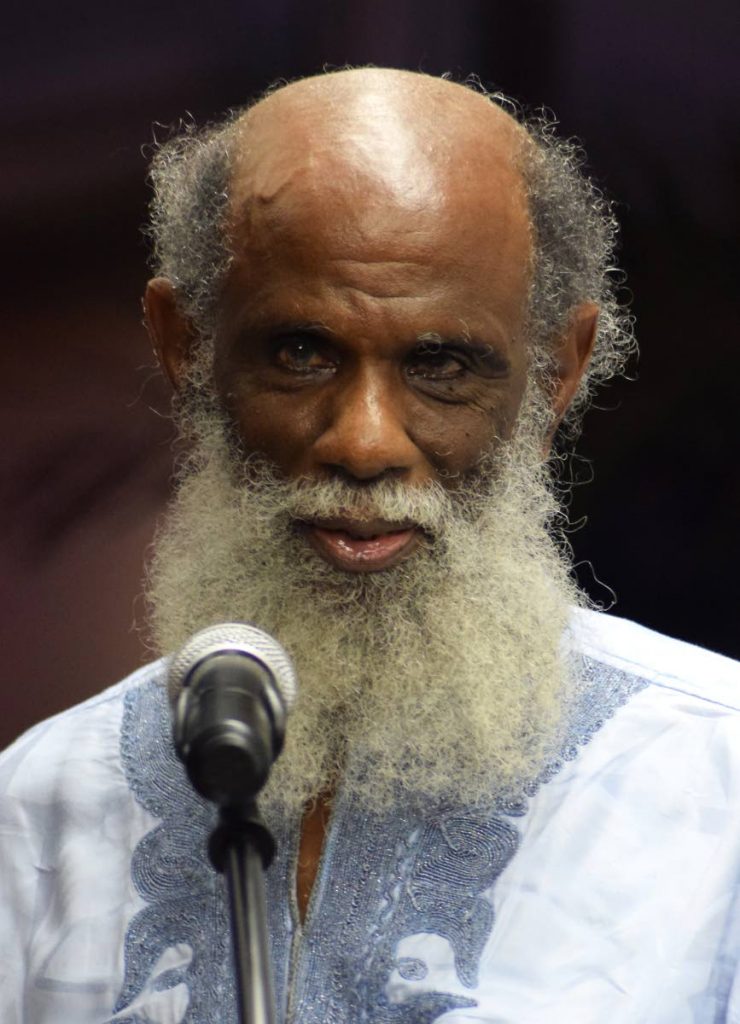
CHAIRMAN of the Emancipation Support Committee (ESCTT) Khafra Kambon says poor behaviour is not the primary issue affecting children of African descent, but a suppression of their identity and counter-intuitive aspects of the education system.
Speaking at the recent launch of Pan African Festival TT’s activities for 2019 at Emancipation House, Maraval, Kambon said children of African descent still struggle with stigmatisation by those in authority, much to their detriment.
He said, “...we’ve heard of the sad news of children with African-textured hair who were being ridiculed by their teachers because of their natural hair. “We heard of the experiences of primary and secondary school students in TT. It is an insult to all of us that in 2019, actions by those in authority suggest that something seems to be wrong with our God-given hair. By such actions we are destroying the minds of our children, undermining their sense of self.”
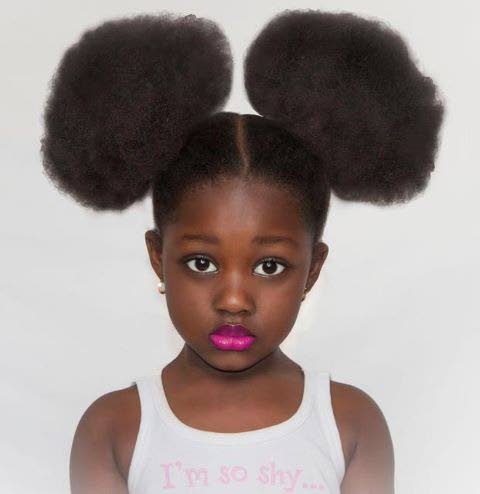
He echoed comments made by Port of Spain deputy mayor Hillan Morean earlier at the launch, who lamented the disproportionate incarceration of young men of African descent for petty offences such as the possession of cannabis for personal use.
“The Attorney General made an astounding statement that over 80,000 young people, mainly men and mainly African – I presume – have been convicted for ganja, which means their futures are in jeopardy because of ganja, which is now being decriminalised internationally,” Kambon said.
“Think of the injustice in such large scale potential destruction of futures. Injustice is embedded in the system in which we live. At the national level, gross inequality is one of the major causes of crime not just poverty.
He said until there is a positive thrust of self-identity among young men of African descent, equality within the justice system and recognition of historic and systematic injustice, little will change.
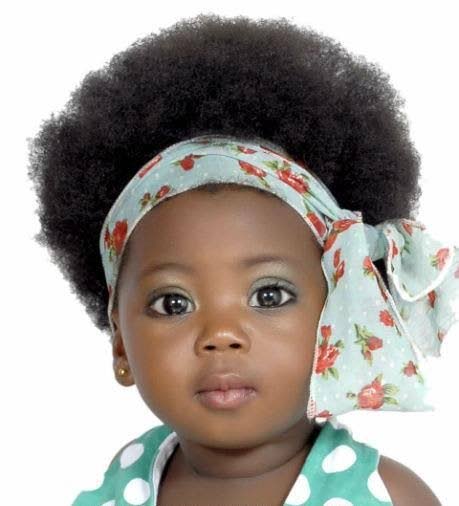
“If we don’t have recognition, most critically positive self-recognition, and the system is unjust we are seriously disadvantaged when it comes to development. Whatever development is taking place in the society will be skewed against us.
“There is gross inequality which exists in our society today. It is one of the major causes of crime, not poverty per se, but inequality. Development and justice are both profoundly relevant to the African experience today,” he said.
Kambon opened his address, saying children of African descent were battling against “psychological warfare.”
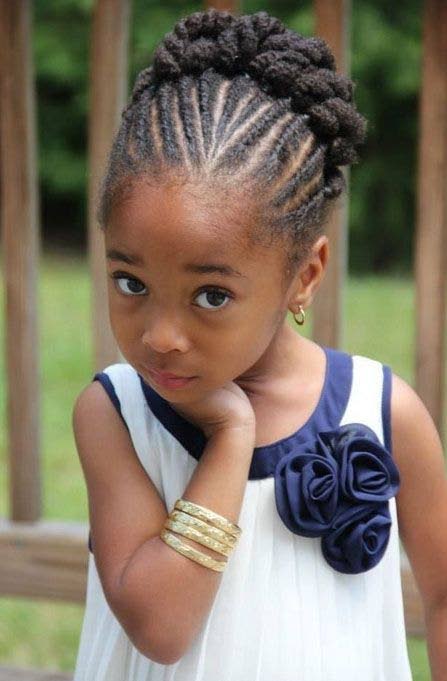
“We in the ESCTT have had some troubling experiences when working with children at different levels, not in their behaviour, for which we have no complaints, but their knowledge and sense of self.
Kambon shared an example of an essay written by a female primary school student to support his claim.
“One girl wrote (...) she was playing, fell, and was taken to the hospital. When she regained consciousness in the hospital and opened her eyes, the nurse she saw was so black that she fainted,” Kambon said.
Sharing another example, he said: “(One mother spoke to me) about the devastating effect that a teacher’s remark had on her child’s sense of self-worth. It is not because the teachers are wicked. I think it reflects something that is very tragic, a value system that is still prevalent in our society. So long after chattel slavery, so long after the Civil Rights movement in the United States, and the Black Power Movement here in TT, we still have this problem where symbols of our identity are treated with disrespect, where students can be psychologically damaged because of the hair on their head.
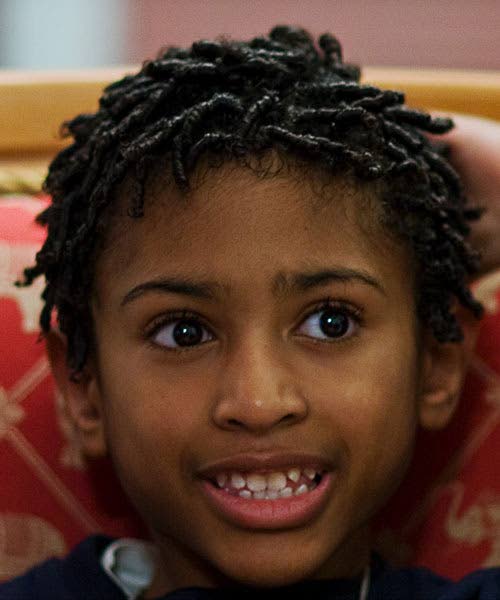
He also lamented a lack of official recognition by the state for the United Nations Decade for People of African Descent, which was sanctioned by the United Nations in 2013 to take effect from January 2015 to December 2024. A programme of action was approved in 2014 to give the decade meaningful impact.
“The resolution and programme of action specifically called for governments and civil society to work together because of the nature of the issues, because of the gravity of the issues which need attention, and the fact that it is critical for the issues to be resolved.
“Paying specific attention to critical issues affecting Africans during this decade, therefore, is a mandate given to governments by the governments themselves and it created an enabling environment for state parties and NGOs to put their heads together on issues which are affecting African progress and need to be addressed. The ESCTT is more than anxious to see that the goals are realised in the manner in which the UN suggested, in partnership between government and civil society.
“We look forward to some official recognition of the decade as we approach the midpoint.”
Speaking on the remaining years he said, “We have to make use of the second half of the decade to address the problems facing our children. Let the last half of the decade be an inspiration to us.”


Comments
"Leave African children’s hair alone"